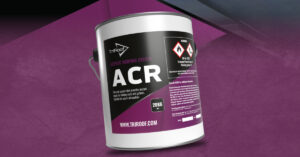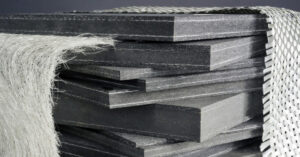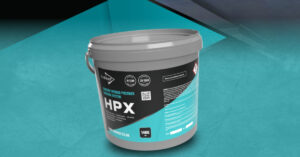
TriDrive Resin Driveways in Ireland: Cost, Value & Longevity Explained
TriDrive Resin Driveways in Ireland Cost, Value and Longevity Explained If you’re considering upgrading your driveway in Ireland, the TriDrive Resin Bound System from Tricel Composites offers a modern, durable, and low-maintenance solution. In this post, we answer the most common questions about resin




